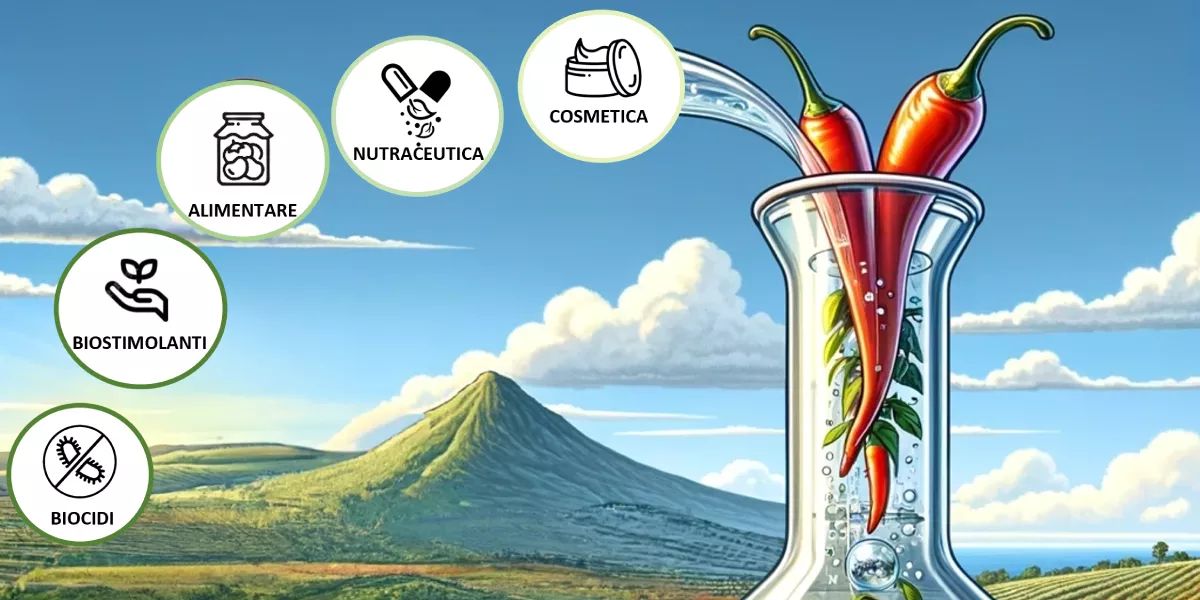UMARI
Using Matrices of Agri-Food Waste to Recycle them into Functional Ingredients

Scheda del progetto





The UMARI project engages in the Agenda 2030 challenge to ensure sustainable patterns of production and consumption by focusing on the efficient management of agricultural waste in Calabria, Italy. The goal is to extract and enhance phytocomplexes from plant residues, which are rich in bioactive molecules with antioxidant and antimicrobial properties. Using enzymatic and fermentative pretreatments, the project aims to maximise the yield of these molecules in phytoextracts, offering benefits in nutraceuticals, cosmetics and agriculture. Software based on blockchain technology will manage the UMARI value chain, providing a digital passport searchable by consumers, while shelf life prediction software will assess the stability of new products. An innovative response to the challenges of sustainability and traceability in the production and use of bioactive extracts.
Contact:
Giovanni Notti, g.notti@geolabservizi.it
The challenge of the project is to recover agricultural waste and by-products from the Calabrian territory, and valorise them through the extraction of phyto-extracts. These, in fact, despite being waste, are still rich in bioactive molecules. In the project, original pre-treatments of the matrix will be evaluated and optimised, by fermentation and/or enzymatic means, which will make it possible to increase the yield and bioavailability of the molecules of interest, and an optimised extraction procedure will be studied that maximises the extraction of phyto-complexes and reduces environmental impacts.
The project will bring an important technological innovation to the agri-food sector, through the creation of a digital platform that, using blockchain technology, will make it possible to trace all the steps in the production chain, based on an immutable and shared register of all transactions between the various companies involved in the value chain.This will make it possible to transparently monitor the origin and quality of products at every stage of the process, resulting in a 'digital product passport' that can be consulted directly by the consumer.
The UMARI project facilitates the creation of a virtuous and circular industrial symbiosis model, which also involves small-scale farming and food businesses, exploiting local raw materials and creating valuable products from waste, useful above all, and not only, to the farms themselves.

